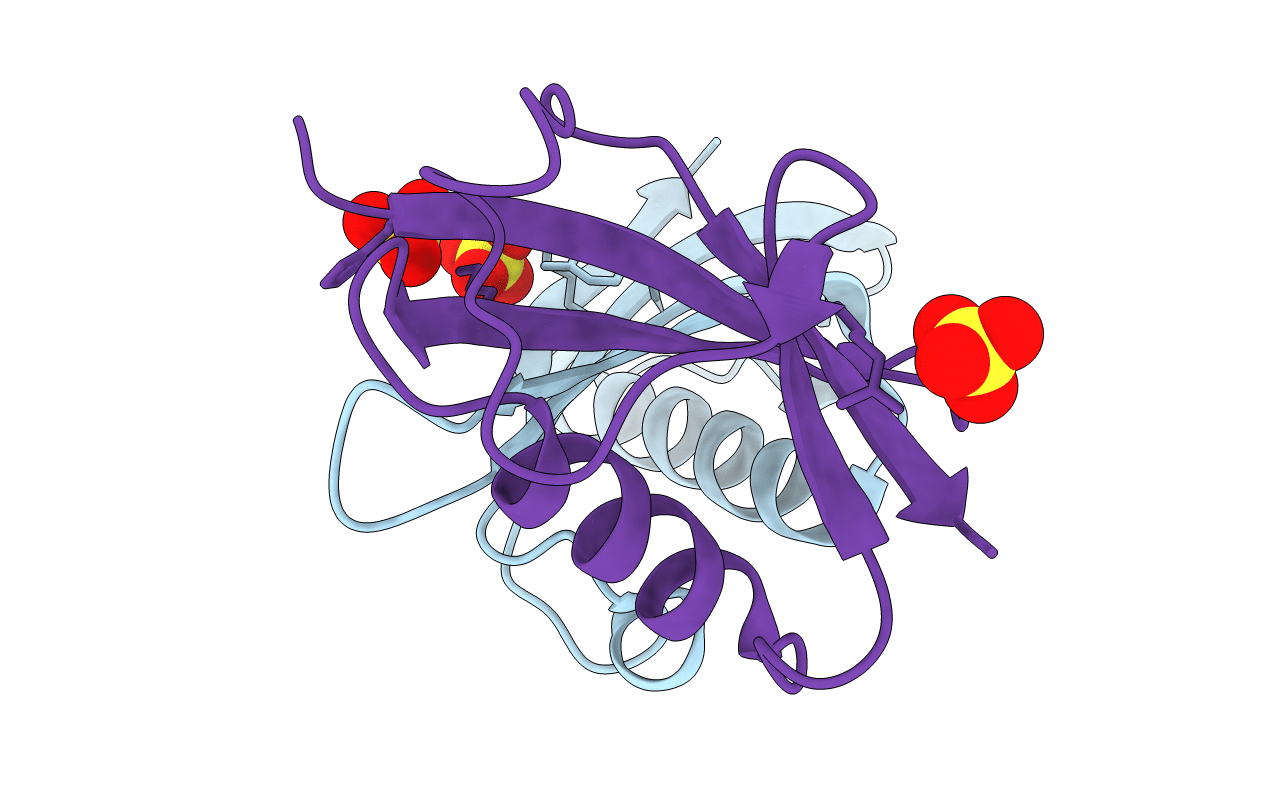
Deposition Date
2015-11-05
Release Date
2016-11-16
Last Version Date
2024-01-10
Entry Detail
PDB ID:
5ELU
Keywords:
Title:
Isoform-specific inhibition of SUMO-dependent protein-protein interactions
Biological Source:
Source Organism(s):
synthetic construct (Taxon ID: 32630)
Homo sapiens (Taxon ID: 9606)
Homo sapiens (Taxon ID: 9606)
Expression System(s):
Method Details:
Experimental Method:
Resolution:
2.35 Å
R-Value Free:
0.20
R-Value Work:
0.17
R-Value Observed:
0.17
Space Group:
P 21 21 21


